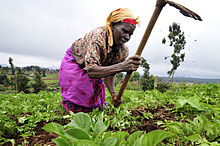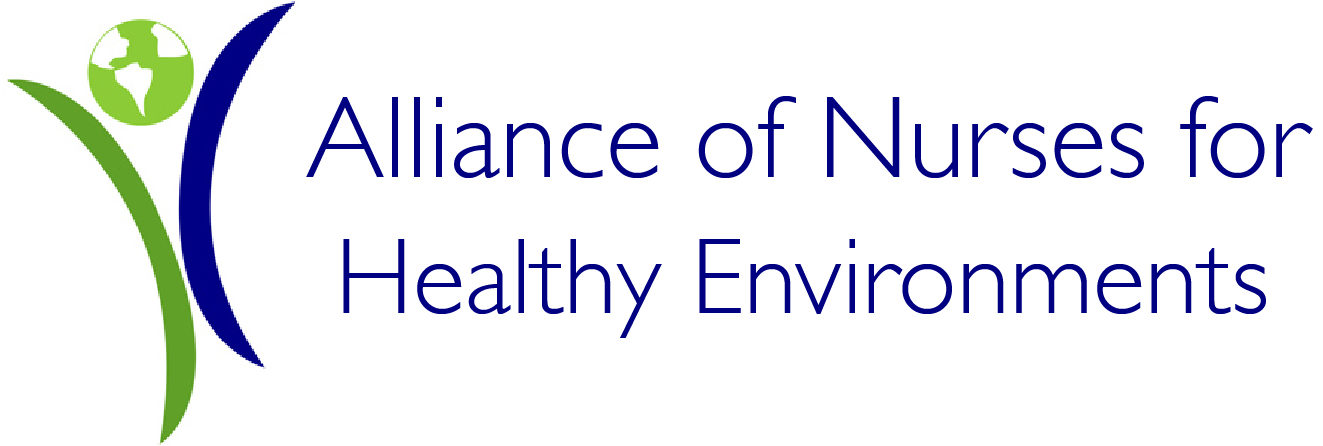
Image: Creative Commons/Neil Palmer (CIAT)
Rural communities will be particularly vulnerable to the impacts of climate change, as they may be dependent on natural resources for social and economic well-being. Industries that community members depend on for livelihoods, such as agriculture, tourism, and fishing are likely to be impacted. The oil and gas industry is also heavily predominate in rural communities, posing health risks to communities from operations. Rural communities may experience disparities related to access to care, which will place these populations at an increased risk of harm. Globally, rural communities account for a large majority of the developing countries poor populations and are already experiencing non-climate stressors, with systematic disadvantages likely to worsen as a result of climate change.
What can Nurses Do?
Nurses will need to educate community members and patients/clients on the health risks associated with climate change. The trusted voice of nurses adds weight to communications like letters to editors in local newspapers or calls to local governance. Nurses can also work to implement solutions to overcome barriers to care, such as implementation of telemedicine programs in hospitals and primary care, so people in rural communities have access to care if unable to leave their home or during times of extreme weather events. Partnering with farming communities and other industries, is another way for nurses to get involved and help prepare communities to adapt to climate threats.
Nurses Leading the Way
The Environmental Health Project (EHP), a public health organization that supports residents of rural communities in Southwestern Pennsylvania, includes a team of nurse practitioners caring for residents impacted by unconventional oil and gas (UOG) operations. UOG is a rapidly growing practice that contributes to numerous health threats to air, water, and soil, and releases of methane emissions that worsen climate change. Through their work, EHP has created a variety of educational resources on UOG production, a health disease registry for those impacted by operations, and a medical toolbox for healthcare providers.
Additional Resources

Image: Creative Commons/Vincent van Zeijst
The National Climate Assessment summarizes climate threats and adaptation challenges projected for rural communities.
The Intergovernmental Panel on Climate Change 2014 assessment report offers a chapter specific to the impacts of climate change in rural communities.
On the Frontline: Climate Change & Rural Communities, a report developed by Australia based organization Climate Central, outlines how climate change will uniquely threaten rural communities.
The Rural Climate Network, is a collaboration of members working to share approaches to address climate change in rural communities.
The Institute for Agriculture and Trade Policy discusses the challenges of climate change on agriculture and works to inform policies for a sustainable food system.
The Emergency Preparedness and Recovery: A Toolkit for Rural Communities developed by Planners4Health.

